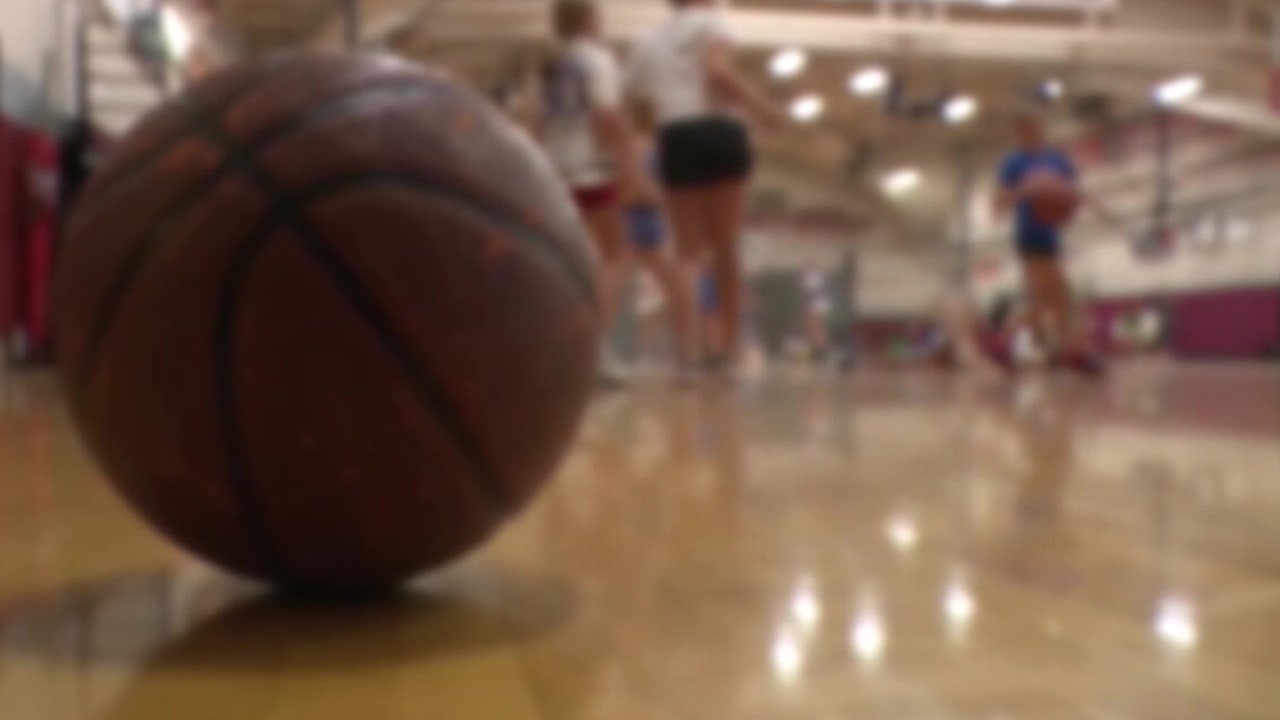Gender Sports Showdown: Minnesota House Panel Advances Controversial Trans Athlete Restriction

In a bold move to protect the integrity of women's athletics, the Preserving Girls' Sports Act aims to ensure that female-designated sports teams remain exclusively for biological female athletes. The proposed legislation would establish a clear mandate that only female students can participate in school-level athletic teams and sports specifically designated for women and girls.
This groundbreaking act seeks to maintain a level playing field in educational sports, protecting the competitive opportunities and achievements of female athletes. By restricting participation to biological females, the legislation addresses growing concerns about fairness and athletic competition in school sports programs.
The proposed law would apply to both elementary and secondary school athletic teams, creating a uniform standard for participation across different educational levels. Its primary goal is to safeguard the rights and opportunities of female students in competitive sports, ensuring they can compete on equal terms within their designated athletic categories.
Proponents of the act argue that it will preserve the spirit of women's sports and protect the hard-won athletic opportunities for female students. The legislation represents a significant step towards maintaining competitive equity and protecting the unique challenges and achievements of women in school athletics.

